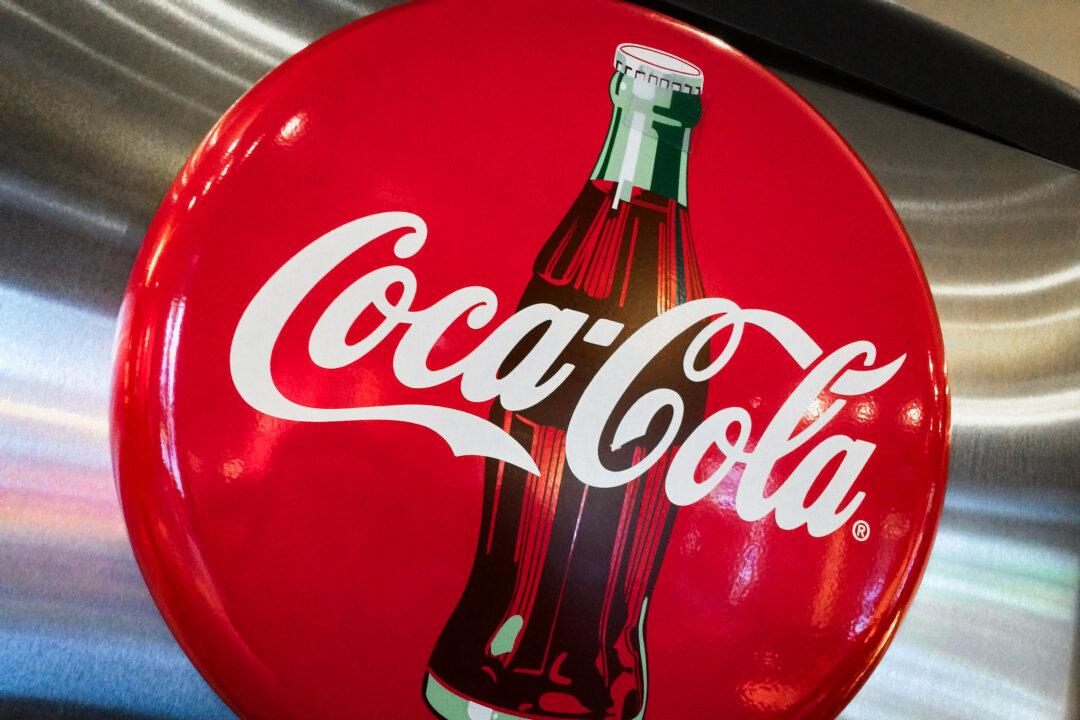The Republican-led House Judiciary Committee launched an investigation into two corporations for potential violation of antitrust laws related to demonetizing “disfavored platforms.”
Committee Chairman Rep. Jim Jordan (R-Ohio) sent letters to James Quincey, chief executive officer of The Coca-Cola Company, and Mr. David Hardy, chief executive officer of Orsted, a renewable energy company.





